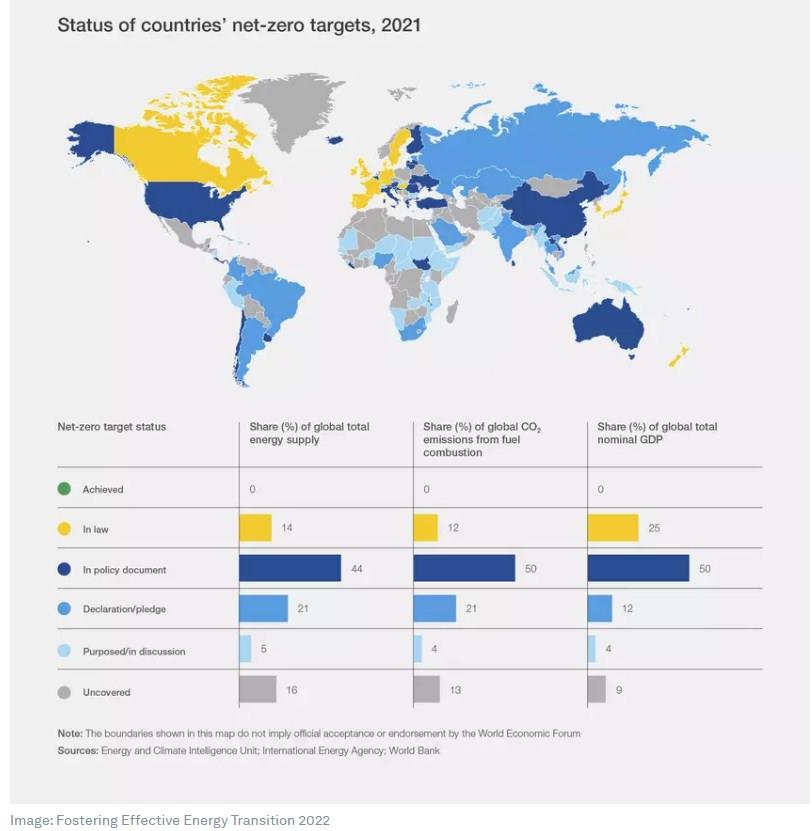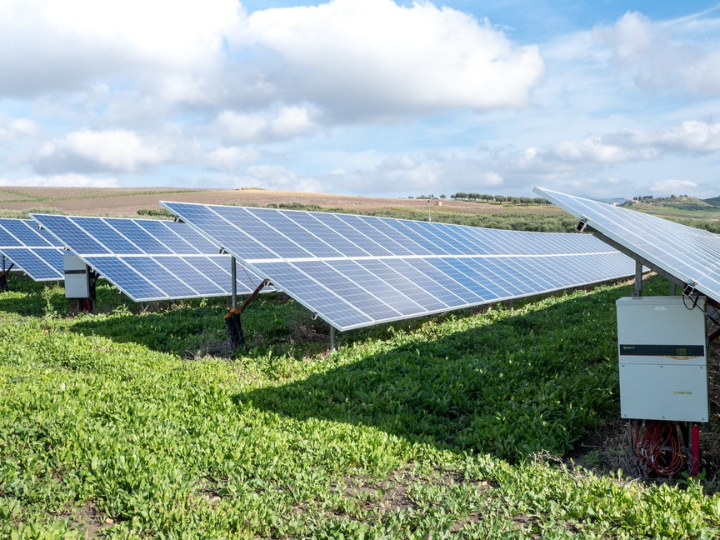by Arifin Tasrif*
The latest Intergovernmental Panel on Climate Change (IPCC) report highlighted that global CO2 emissions continue to rise at unprecedented levels, severely impacting humanity. Accelerating the energy transition is a key factor in increasing our ambitions to counteract this crisis.
Moreover, in the acceleration towards a sustainable energy transition, we have to embed justice. According to the 2030 Agenda for Sustainable Development, particularly SDG7, we must ensure universal energy access while implementing the energy transition, known as “leaving no one behind”.
The transition cannot be accomplished without fulfilling this foundation, which should be attained before achieving net-zero emissions by the middle of this century. In this regard, the critical challenges of the energy transition should be revisited.
Key challenges for a just energy transition
First, countries have their respective challenges and needs in transitioning their energy systems to become more sustainable. The existing energy structures and systems, from infrastructure to established organizational systems, should be continuously transformed and readjusted to respond to global challenges and support the process of the energy transition.
Second, the just transition towards sustainable energy will require huge amounts of financing. This challenge has been exacerbated by the global pandemic, which has left around 150 million people below the poverty line. In this regard, countries are trying not to make the socio-economic burdens of their people worse. The impacts of the pandemic should be well mitigated so that they do not disadvantage the broader public, especially vulnerable communities.
Third, a just energy transition will require changes and shifts in technologies, jobs, and other economic opportunities. New skills, capacities, and expertise should be domestically developed to support the transformational processes. Meanwhile, access and services for sustainable energy must be assured for their availability, affordability, and reliability, pertaining to the broader public interests.
In this transition, there are also opportunities to attain sustainable recovery towards a green and inclusive economy. If a just energy transition is to be achieved, new opportunities such as jobs and other prospects will need to be created to support global economic recovery.
In this context, the International Energy Agency (IEA) recommends four clusters for “People-Centred Energy Transitions”: decent jobs and worker protection; social and economic development; equity, social inclusion and fairness; and people as active participants. We may underline these clusters to set a benchmark to prepare for current and future challenges of global energy transitions.

Focus on scaling up technologies
In the acceleration of the energy transition, we must scale up the widest variety of technologies. Innovations should be continuously encouraged and disseminated. Subsequently, accessibility towards affordable technology and financing has to be massively explored in addressing this acceleration.
This scale-up relates to industrial decarbonization, which is well-addressed in the World Economic Forum’s Energy Transition Index 2022. The focus reveals the great challenges we are facing in enhancing emissions reduction. Decarbonizing industrial sectors will be highly challenging for many countries, including emerging economies.
Scaling up technologies will become the key to reducing emissions in the so-called “hard-to abate industries”. Their decarbonization will obviously be slower compared to easy-to-abate industries, such as power utilities or technology companies. Industrial sectors are significantly responsible for mitigating global carbon emissions. Around 70% of global greenhouse gas emissions are contributed by just five industry subsectors: cement, steel, aluminium, chemicals, and oil refineries.
Decarbonizing hard-to-abate industries will require new and more reliable technologies. Companies will also need to transform their entire production processes. These challenges are more evident in the contexts of emerging economies and developing countries where growing industries may struggle with the sustainability issue while improving socio-economic development.
Subsequently, their transition will be expensive and could result in a higher socio-economic burden. Industry and the energy transition are reflected in multiple sustainable development goals including infrastructure, sustainable energy, decent jobs, climate action, and other related goals.
International cooperation must become the key factor to enable industrial decarbonization. The G20 holds 80% of global industrial output while covering 80% of global GDP, 75% of international trade, 81% of carbon emissions in energy sectors, and 77% of global energy consumption.
Common But Differentiated Responsibilities (CBDR) will contribute to enhancing a just energy transition. Countries with less capacity and heavier burdens in the clean energy transition should be technologically and financially supported. Meanwhile, countries ready for the transition should support those who need it most. This fundamental basis must be translated into international cooperation and global partnership, as the world recovers from the global pandemic.
G20 Presidency of Indonesia
To enhance this international cooperation, therefore, the 2022 G20 Bali summit is keen to promote three pillars that the Presidency considers relevant to our current global challenges: Global Health Architecture, Digital Economic Transformation, and Energy Transitions. These pillars are expected to actualize the Presidency’s main theme - “Recover Together, Recover Stronger” - which international communities are currently seeking.
The energy transition pillar aims to strengthen and accelerate a just energy transition. The Forum on Energy Transitions sets three main priorities on access, technology, and financing. On technology, we aim to address issues pertinent to industrial decarbonization, such as renewables integration, scaling up the widest variety of technologies, energy efficiency, and greener and cleaner industry development.
While having no option but to accelerate the global energy transition, no single stakeholder will cope with these transformational stages alone. This Presidency year is an opportunity to attract more green investments and engage with stakeholders, international partners, and global forums.
*Minister of Energy and Mineral Resources, Ministry of Energy and Mineral Resources of Indonesia
**first published in: www.weforum.org




 By: N. Peter Kramer
By: N. Peter Kramer
